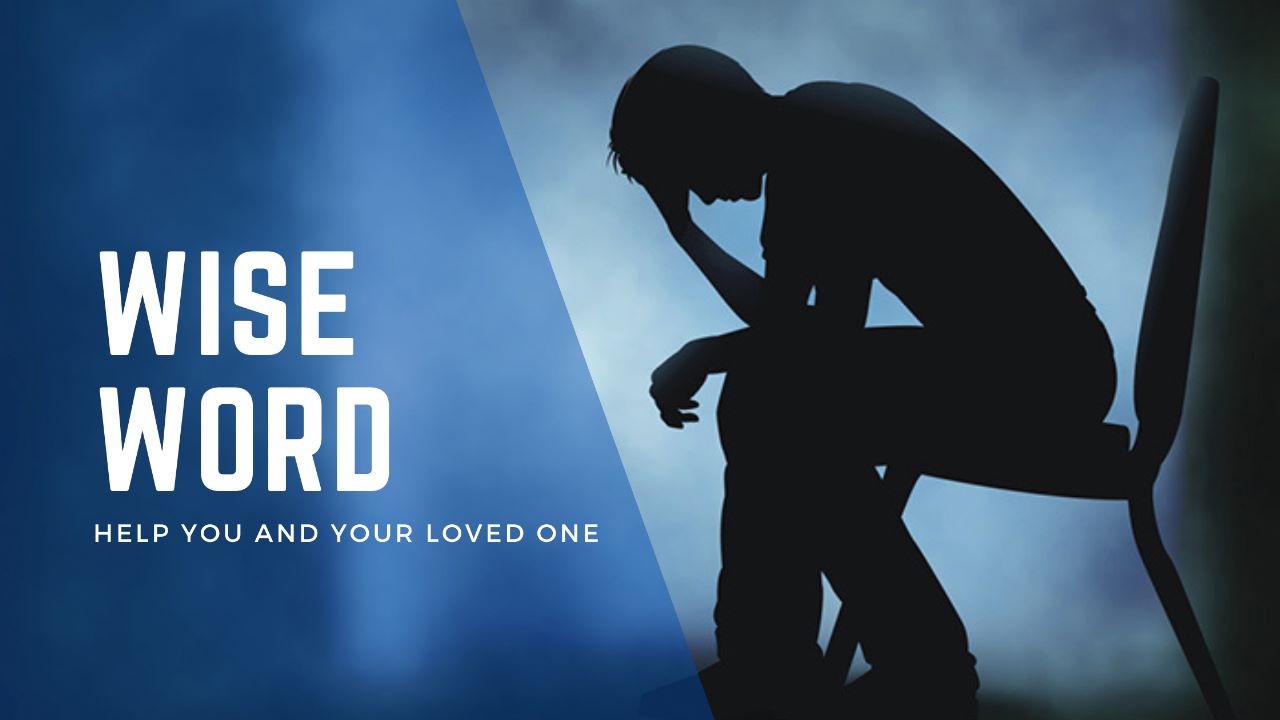
Few Tips for Helping Someone with an Addiction
The challenge with addiction is that the addict is not the only one impacted by this disease.
Family and friends can have difficulty with the addict’s behavior, financial problems, legal
problems and the daily struggle of supporting a loved one. Here are a few tips that family and
friends can reference to support an addicted family member or friend.
1: Educate Yourself
Get information about addictions. Understand the addict’s disease process. Find information about
how it impacts family and friends. Knowledge is power and it may help you understand more about
yourself and your loved one. There are many resources for finding this information: NIMH – (National
Institute Of Mental Health And Hospital) offers authoritative information about mental disorders, a
range of related topics, and the latest mental health educational and informational resources. The
public library and the internet have an enormous amount of enormous on, groups, support,
treatment, etc.
2: Get Support
When you have a loved one with an addiction problem, it can create a great deal of difficulty
in your life. There are groups that can help you learn how to cope, provide resources and
help the addict, including:
AA (focused on Alcohol addiction)
NA (focused on drug addiction )
3: Get Counselling
It may be helpful to get some individual counseling to assist you. Counseling isn’t just for the
addict. The more you are able to manage the better you will be able to help your loved one.
There are a variety of resources to find counselors. Talk to someone you trust about finding
the resources you need and do a search for resources in your area. You can call us 24/7.
4: Seek Specialty Help
If you need assistance with financial or legal issues, it may be helpful to talk to covered
attorney providers here are organizations that provide services on a sliding scale fee and you
can often find those by visiting the helping addict’s website or helpline.
5: Don’t Enable
It is difficult for family members when the disease takes hold. Often, family members have
supported the person’s addiction without even fully realizing that was what they were doing.
Don’t rescue the addict. Let them experience the consequences of their disease. Many times,
people are unable to change until they are forced. Don’t financially support the addict or
their addiction.
Many family members and friends buy groceries, give financial assistance to pay court fines or attorneys, or pay rent to help someone out, but usually, it only prolongs the disease as addicts are able to avoid consequences.
6: Have Realistic Expectations
Don’t preach or lecture to the addict. They are usually unable to hear what you are saying.
Continue to hold them accountable to expectations and offer help to direct them
to the treatment they need. Don’t expect addicts to keep promises, they are not able to do so while in the process of their disease. Don’t react with pity or anger. This only keeps you in the process with the addict. If your loved one is ready to get help, visit our Alcohol and Drug Treatment page to find out more about getting a referral and assessment. You can also contact our helpline in your area to see if you qualify for those services or they may be able to direct you to someone who can assist you.
7: Take Care of Yourself
Focusing on your own life is the most important thing you can do to assist the addict. If you
are stressed out due to their issues, in addition to your own, it creates resentment and strain.
It makes it difficult to want to help someone who has created so much difficulty in your life.
By taking care of yourself through exercising, getting plenty of sleep, socializing, and getting
support, you may be better able to help your loved one when they are ready to accept the
help.
The most important thing to remember is that you aren’t alone. Many people battle with
these issues every day and it is vital to get the resources and support you need.



